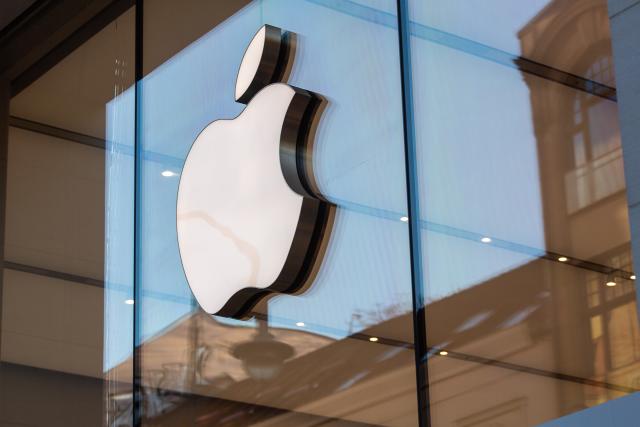Advertisement
Add a comment


The European court of justice (ECJ), on Tuesday, ordered Apple Inc. to pay £11 billion in unpaid taxes to Ireland — ending an eight-year dispute on back taxes, according to the BBC.
Back taxes refer to taxes that were not completely paid when due. They are normally owed from a previous year.
On August 30, 2016, the EU had asked Apple to pay Ireland up to €13 billion (£11 billion, $14 billion) in back taxes.
Margrethe Vestager, the EU’s commissioner in charge of competition policy, had argued that “member States cannot give tax benefits to selected companies – this is illegal under EU state aid rules”.
The latest judgement, according to the court, “confirms the European Commission’s (EU) 2016 decision: Ireland granted Apple unlawful aid which Ireland is required to recover”.
The decision was overturned by the lower court of the ECJ in 2020 following an appeal by Ireland, which had insisted that Apple did not have to repay the taxes.
The ruling comes amid the EU’s efforts to clamp down on multinational giants believed to be deploying creative financial arrangements to reduce their tax bills.
It also comes a day after Apple launched its new iPhone 16 model.
In a statement cited by the BBC, the tech giant expressed disappointment over the judgement, stating that the case was previously annulled.
“This case has never been about how much tax we pay, but which government we are required to pay it to. We always pay all the taxes we owe wherever we operate and there has never been a special deal,” the company said.
“The European Commission is trying to retroactively change the rules and ignore that, as required by international tax law, our income was already subject to taxes in the US.
“We are disappointed with today’s decision as previously the General Court reviewed the facts and categorically annulled this case.”
Apple’s base for Europe, the Middle East and Africa, is Ireland — a nation of 26 states said to have one of the lowest corporate tax rates in the EU.
While the court judgement means that Ireland will have to recover the lost taxes from Apple, the Irish government said the case was “now of historical relevance only”, noting that the process of transferring assets to the country would now begin.